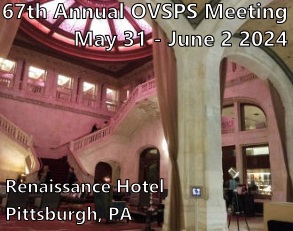<< Back to the abstract archive
Smartphone Operating System Preferences and Bias in Medical Trainees
Skyler Palmer, BS1
Miriam Henry MD1
Lesley Wong MD2
University of Kentucky College of Medicine, Division of Plastic and Reconstructive Surgery
2023-01-27
Presenter: Skyler Palmer
Affidavit:
I certify that the material proposed for presentation in this abstract has not been published in any scientific journal or previously presented at a major meeting. The medical student presenting contributed significantly to this project
Director Name: Lesley Wong MD
Author Category: Medical Student
Presentation Category: Clinical
Abstract Category: General Reconstruction
Implicit bias and personal preference may affect communication between IOS and Android users in work and social settings. By identifying factors influencing resident communication, plastic surgery training programs may act to reduce barriers to fostering strong resident relationships. This study assesses smartphone preferences, potential biases, and other social behavior in residents and fellows.
An anonymous survey using REDCap survey tool was sent to all 922 residents and fellows at our institution in all ACGME accredited training programs.
The response rate was 20.5%. Of the 189 respondents, 87% use iPhone and 13% use Android. 60% agreed or strongly agreed to feeling closer to colleagues when communicating socially via smartphone. 40% of iPhone users reported a moderately strong to strong preference towards communicating with other iPhone users versus non-iPhone users. Additionally, 24% of iPhone users reported they were likely to extremely likely to exclude someone from a group message if they do not use an iPhone. Plastic surgery respondents had higher iPhone use (100% vs 87%) p=0.000 and higher preference for communicating with other iPhone users as shown by mean Likert scores (7.33/10 vs 5.22/10) p=0.012.
Strong communication is essential among plastic surgery trainees as programs tend to be smaller and more closely acquainted. Results found most residents use an iPhone, and many iPhone users prefer to communicate with other iPhone users. Plastic surgery programs may consider which smartphones are most common among residents and potentially provide funding to standardize smartphones. This could offer a perhaps unexpected opportunity to strengthen co-resident relationships.



